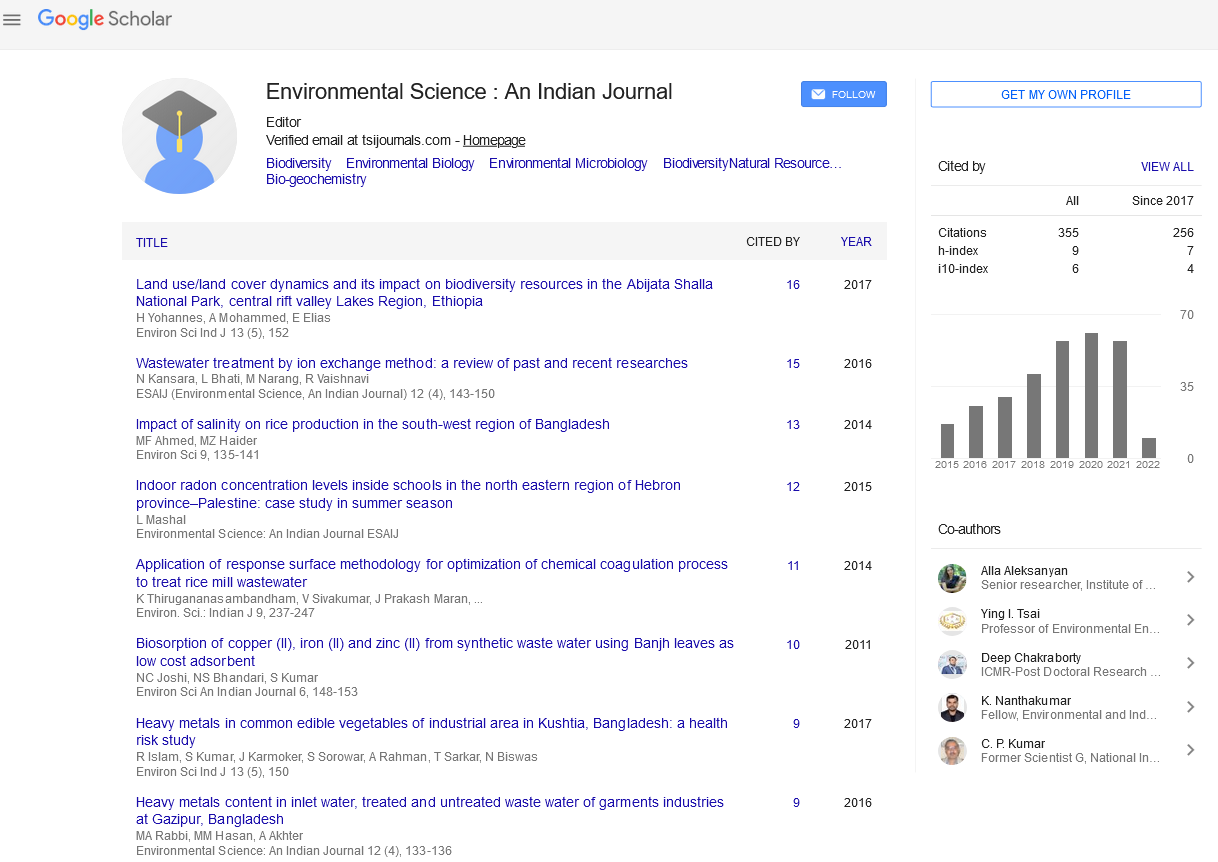Abstract
Sustainability in science and technology: Water, energy and natural resources nexus
Author(s): Farid El-DaoushyWater, energy and natural resources are the main drivers of all environment and climate interactions taking place on planet earth. These divers are inextricably coupled in multi-layered space-time processes controlling all forms of life on planet earth through the global cycling of matter and energy within and between the atmosphere, lithosphere, hydrosphere and the ecosphere. Energy and power production require water as much as water production, treatment, distribution and use require energy. Water and energy systems need natural resources in their lifecycles. The interference of humans, particularly with consideration to population growth and global warming, in these lifecycles have multitude of negative impacts on the climate, environments, biodiversity and life quality. Sustainability in science and technology is one of the few means to mitigate the anthropogenic impacts on the natural functioning and metabolism of the earth’s system. Understanding sustainability and how it crystalized in the past decades to well-formulated sets of global goals “the UN-SDG” is essential for tuning science and technology to achieve sustainable societies. Trans-disciplinary and trans-sectorial coupling of education, science, technology and R&D to society, population and market needs, through transfer-of-knowledge, building capacity and public awareness, requires understanding what sustainability is, why it is needed for socio-economic developments and how it can be achieved. Synergetic interactions with the underlying socio-economic-environment infrastructures are imperative for supporting science and technology in the ongoing transformation to sustainable societies. Innovation in environmental-ecological economy, food-systems, education and social developments as well as political and financial solutions are equally important in the respect.

